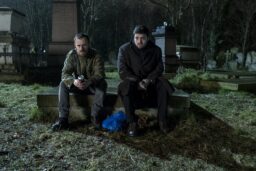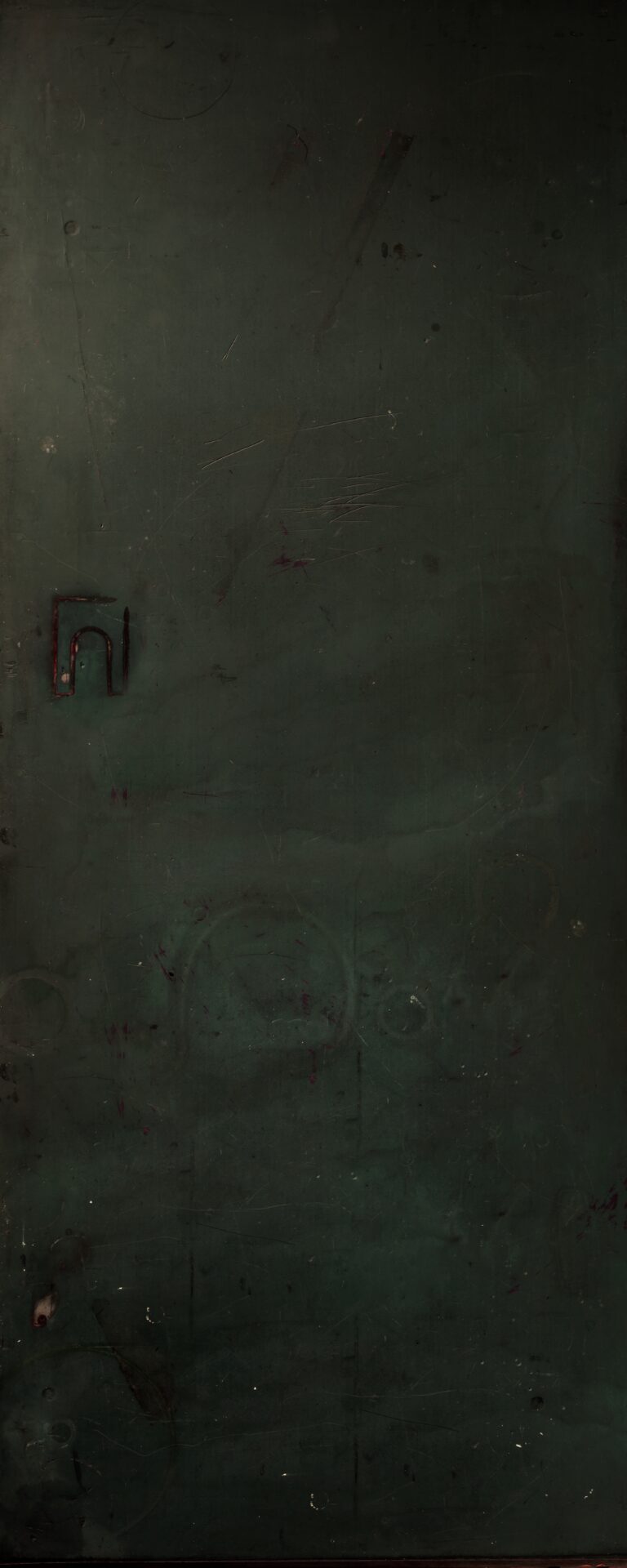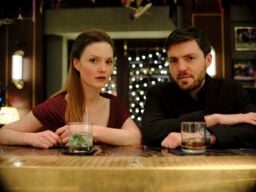Ghosts and Hauntings in Strike
‘Mediums, psychics, all those shysters … preying on people.’
Troubled Blood, Robert Galbraith
‘You don’t think some of them believe in what they’re doing? Think they really are getting messages from the beyond?’
‘I think there are a lot of nutters in the world, and the less we reward them for their nuttery, the better for all of us.’
Robin Ellacott doesn’t believe in psychics any more than Strike does, and the only encounter with Halloween the detectives have had to date is encountering a noisy bunch of costumed revellers in a pub, nevertheless they both encounter ghosts in their work. While Strike declares himself to be team rational, Robin sees a poetry in astrology, thinks a purely scientific world would be a cold one and reminds Strike folklore and superstition haven’t gone away. People need them. Strike may not believe in the supernatural, and be impatient with those who do having spent much of his childhood in a fog of incense, dirt and mysticism, but that does mean he isn’t in some ways, a haunted man, so here is a sampling of the ghostly as the nights draw in.
The Victims
“He had hoped to spot the flickering shadow of a murderer as he turned the file’s pages, but instead it was the ghost of Lula herself who emerged, gazing up at him, as victims of violent crimes sometimes did, through the detritus of their interrupted lives.”
The Cuckoo’s Calling, Robert Galbraith
Lula might not be a ghost in any literal sense, but in his first high-profile investigation with Robin Ellacott, Strike does what he has done before, and will again: uses his skills as a detective to get a sense of a person who has been killed, making them from the files and reports into personalities he can study. His sister, Lucy, believes he is haunted by the death of their mother Leda Strike, and the acquittal of her second husband for her murder is what has driven all his subsequent investigations. Strike believes it is Lucy who lives in a swarm of memories, like coffin flies. Robin is haunted too, by the man who left her with a long scar on her arm and the attacker who derailed her university career, and her failed marriage, but the work she does with Strike, and her therapists, allow her to live alongside her ghosts.
The missing and the dead haunt not only the detectives, but those they leave behind. Margot Bamborough’s daughter Anna is haunted not by her mother, but the idea her mother abandoned her; a witness by the idea she saw Margot just before her death and did nothing to save her. For Talbot, the detective charged with investigating Margot’s disappearance initially, the belief became far more concrete and terrifying. He dove so deep into questions of the supernatural during his work, he believed he had summoned Margot’s spirit from some astral plane to haunt him.
In solving the complex cases they encounter, Robin and Strike do manage to lay some of these ghosts for their clients and offer some sort of closure as answers are uncovered and the missing are found. Anna, for example, is able to have a funeral for her mother, finally, and repair relationships that were crippled by her disappearance.
Jack o’ Kent
“Anyway, I used to have literal nightmares about the old boy.”
Lethal White, Robert Galbraith
Once the gardener and handyman of the Chiswell Estate, Jack Knight died many years before Robin and Cormoran’s investigations centering around the Chiswell family begin. Nicknamed after a folk hero who tricked the devil by his employee, Jack terrified the Chiswell children, and brutalised his own sons. It is his younger son, Jimmy, who appears at Strike’s office haunted by the memory of a murder he fears he witnessed as a child, triggering the investigation, which takes a gothic turn when they explore, by moonlight, a possible burial site outside the cottage in the woods where Jack once lived.
According to his son Raphael, Sir Jasper Chiswell believed that Jack had returned in a more concrete form, telling Robin Sir Jasper believed that a disturbing message left on the answer phone of his office was from Jack o’Kent himself, returned to haunt him and seek retribution. The conversation makes Robin think of her then husband, Matthew, delirious and ill, talking to his dead mother in the depth of a subtropical night on their disastrous honeymoon.
Charlotte Campbell
“For a moment he simply stared at Charlotte, who was sitting on the fake leather sofa with her long legs crossed, her dark hair pulled back into a messy bun, her make-up-free skin flawless.”
The Ink Black Heart, Robert Galbraith
Charlotte also haunts Strike, keeping the memory of their destructive relationship as fresh as possible. She, and the baby she claims to have lost, invade his dreams as Strike investigates the gruesome death of Owen Quine, author of literary gothic extravaganzas, and the mysterious manuscript Bombyx Mori. She also appears, ghost-like, late at night as a voice on the answer machine and an uninvited visitor at the office. She also has an uncanny ability to sense her former fiancé’s weaknesses, especially his feelings for Robin, which haunt her in return.
Paperwhite
‘Sad, so very sad,’ sighed the ghost’
The Ink Black Heart, Robert Galbraith
Paperwhite haunts Highgate Cemetery in The Ink Black Heart, the cartoon created by Edie Ledwell and Josh Blay. Among the elaborate graves and tombs, some ornate with Egyptian iconography, Paperwhite is often found draped over a tomb which features a life–sized sleeping angel, the epitome of gothic despair. Harty, the hero of the cartoon is in love with her, but she seems haunted herself, talking about her sister who is still alive and going to parties. Paperwhite is also the online name of one of the moderators of Drek’s game, but like Edie Ledwell’s tormentor, Anomie, they are all ghosts in the machine.
Drek’s game also features that halloween favourite, a vampire, and Josh thinks it might be an idea to add it to the film version of the cartoon as there was once a vampire scare in Highgate Cemetery. The undead, it seems, are not confined to the cemetery. The Flask, a pub nearby, Robin learns is supposedly haunted by the ghost of a Spanish barmaid and when Strike spots a girl with a Harty tattoo near the cemetery, he notes she appears to be a gothic-Victorian, a child mourner in her long black skirt, staring towards the graves.
Daiyu
“She rang me, hysterical, saying she’d said too much and the Drowned Prophet had come to get her”
The Running Grave, Robert Galbraith
The Universal Humanitarian Church believes absolutely in ghosts and the spirit world. Jonathan Wace, founder of the church, speaks lovingly of the ghost of his daughter, Daiyu, the Drowned Prophet, who appears during their ceremonies, and the manifestations of each of the prophets of the UHC are solemn, sacred events. Robin has not been long at the church before she too sees things which appear to defy explanation. Daiyu is the most important of the prophets of the UHC, and all letters from members of the church end with ‘The Drowned Prophet Will Bless All Who Worship Her’. Strike and Robin, however, quickly discover that Daiyu’s spirit is not a nurturing one, even if the church appears to preach universal love. Daiyu is a demanding and judgemental being, and those who have left the church live in terror she will exact revenge on those who betray its secrets.




